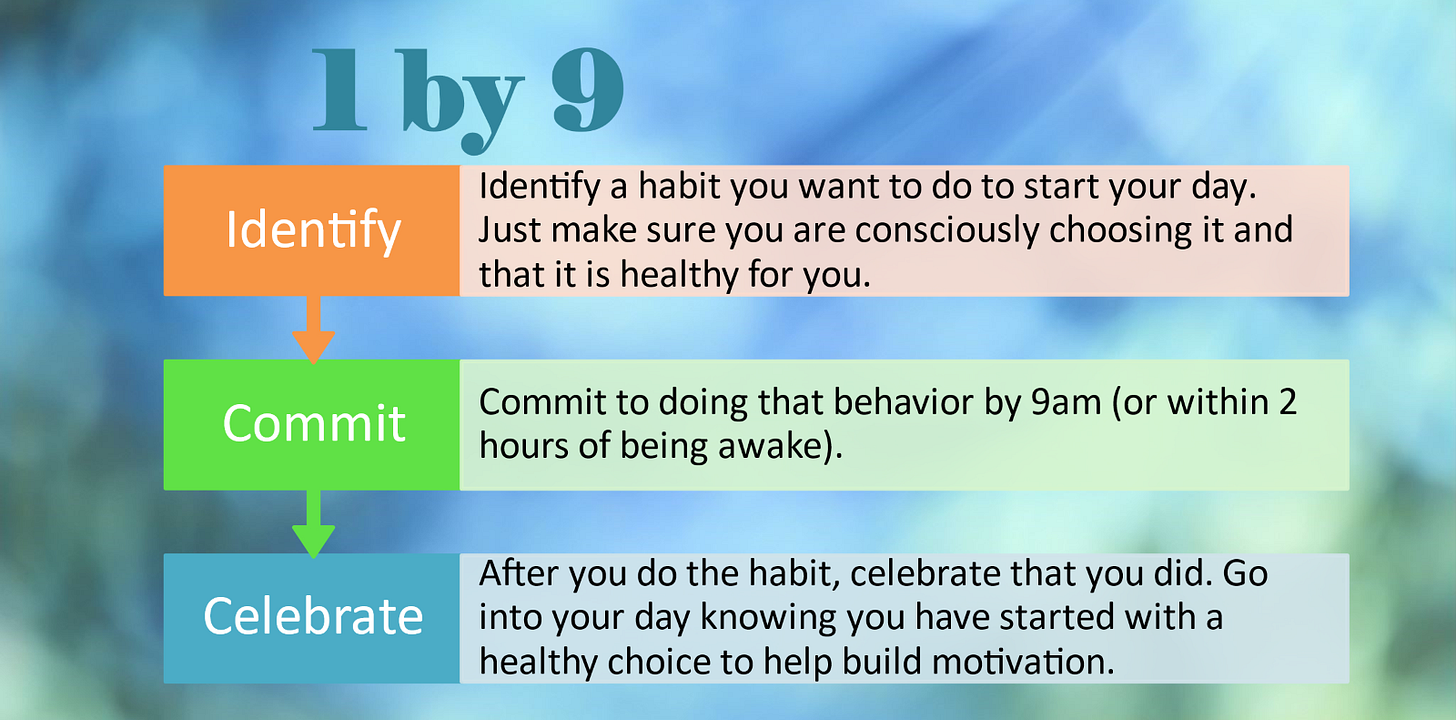Sustainable Change: The Power of Tiny Tweaks
At the start of a new year, it’s natural to feel inspired to tackle big goals. Yet, despite our best intentions, many resolutions fall by the wayside too quickly. Why? Often, it’s because we fall into the trap of “All or Nothing” thinking—believing that if we can’t achieve a goal perfectly, we’ve failed entirely.
A more sustainable approach is to focus on small, manageable steps—tiny tweaks that build momentum over time. For instance, instead of committing to walking 30 minutes, five days a week, start with five minutes a day in the first week and gradually increase as it feels comfortable. Over time, these small adjustments compound into meaningful progress. This method not only sidesteps the burnout of overambitious plans but also helps to rewire our brains with new habits. Research shows that consistent effort over 30 days can create lasting neural changes, setting the foundation for sustainable well-being.
Overcoming Obstacles to Change
"All or Nothing" thinking is one of the biggest barriers to success. To counteract this, start small and celebrate every victory—no matter how tiny. For example, meditating for just one minute is an accomplishment worth acknowledging. These celebrations help maintain motivation and build a positive feedback loop.
Mindset Matters
Begin with self-compassion. Speak to yourself as you would to a good friend when your inner critic starts to judge. Shifting from a fixed to a growth mindset can help remove limiting beliefs that might be holding you back.Reconnect with Your 'Why'
Reflect on the deeper reasons behind your goals. Aligning your actions with your values creates a sense of purpose and reinforces your commitment.Visualize Your Success
Techniques like visualization can help clarify your goals and make the path forward feel attainable. Imagine not only what achieving your goal looks like but also how it will feel.Leverage Positive Practices
Simple habits like practicing gratitude can significantly enhance well-being. Research has linked gratitude to reduced stress, improved sleep, better heart health, and stronger relationships.Breathe Your Way to Calm
Breathing techniques such as diaphragmatic training, extended exhalations, and the 4-7-8 method can help shift the body from a stressed state (sympathetic nervous system) to a calm state (parasympathetic nervous system).
Tool for Change
The 1 by 9 Strategy: A Simple Framework for Starting Your Day Right
The "1 by 9" strategy is a powerful yet simple approach to jumpstart your day with healthy habits. It focuses on three essential steps:
Identify - Choose a habit you want to establish, ensuring it aligns with your health and well-being goals.
Commit - Set a clear intention to complete this habit by 9 a.m. or within two hours of waking up.
Celebrate - Acknowledge and celebrate your success in completing the habit, reinforcing motivation and positivity for the rest of your day.
This structured yet flexible framework helps you build momentum and consistency in creating sustainable, healthy routines that set the tone for a successful day.
Reboot Your Well-being
Mary Sherman, LCSW, CEAP, CAPP, and Beth Frackleton, M.Ed, BSN, RN, NBC-HWC host a Reboot Your Well-being 6-week class, which provides a more comprehensive exploration of these strategies. Whether you opt for the full program, a shorter version, or a single-hour presentation, these resources can help individuals and teams alike foster resilience and improve overall well-being. Reach out to Mary to learn more.
Reach out for Support
For personalized guidance, the Faculty and Employee Assistance Program (FEAP) offers consultations, virtual resources, and immediate support to help you achieve your goals. Visit FEAP for You or contact Mary Sherman at mbs5n@virginia.edu for more information.
About the Author
Mary Sherman
A member of the FEAP team since 1996, Mary Sherman is a Licensed Clinical Social Worker and Certified Employee Assistance Professional in Virginia.
Mary offers expertise in coaching, stress management, and more, helping individuals navigate diverse personal and workplace challenges.








